The Foundations of Nutrition for Surfing Athletes
What You Need to Know to Make a Beneficial Impact on Your Nutrition Basics.
The field of nutrition is a mess. I basically view nutrition basics on a similar scale as that of politics, and religion. It is convoluted, filled with mis-information, and particular views vary highly from person to person and are more dogmatic than rational. Ever wonder: what are the nutrition basics?
Simply look at how many diets are out there, all claiming to be the most relevant, most efficient, and healthiest manner of eating. There are literally several thousand different diet books with new ones each year.
It’s chaotic, and it doesn’t need to be. I can help boil it down to some basic tenets of healthy eating… the foundations of quality surfing nutrition… keep yourself energized in the water man!! You’re an athlete, so treat your body like one.
#1 Most Important Thing to Understand about Nutrition
You are unique. Your genetics, your development, your environment, your gut health, your activities, your heritage, the foods you’ve been exposed to, food allergies,… the list could continue.
That list implies that everyone is different, and the optimal “diet” for me is different from the optimal “diet” for you. You have different needs that can change over time, so the most beneficial thing you can do to find your optimal diet is to learn how to listen to your body.
Begin to listen to the signals from your systems as to how foods make you feel, your energy levels, bloating, cognitive clarity, and digestive health.
You are your body’s own guru, so get in touch, learn to listen, and welcome the journey of life and health, and UNDERSTAND that what you read in a book, or a magazine, or hear on some TV infomercial won’t necessarily work for you. That’s how you’ll learn your nutrition basics.
Here Are the Nutrition Basics to Get Started
EAT REAL WHOLE FOODS
Oh my god it is really that simple. Also, realize it’s time to stop being an adolescent and living off frozen dinners and takeout… grow up and cook. The foundation of your nutrition should simply focus on real whole foods.
Don’t worry about any other diet non-sense or detail until you get this sorted.
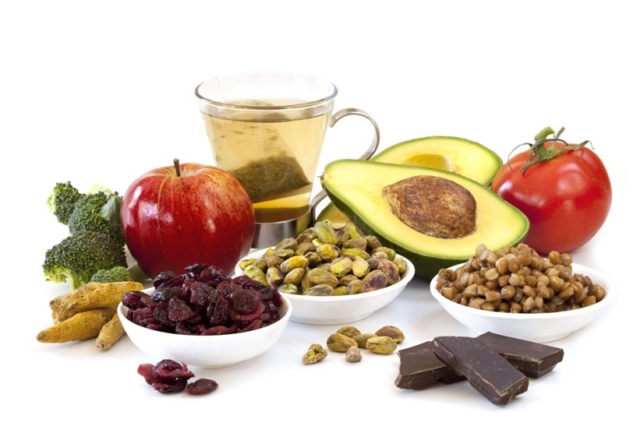
When you delve into specific diet gurus, there may be insistence on certain foods or abstaining from certain foods.
Elimination or inclusion of specific foods is very relevant when dealing with specific health issues, but overall, if you just start eating REAL FOOD, you will benefit.
Simple REAL FOOD guidelines:
-
real food grows and dies, it isn’t created in a factory
-
also real food rots, and wilts… real food cannot sit on a shelf for two years
-
real food doesn’t have an ingredient label
-
real food doesn’t have health endorsements, or AHA ratings, or the heart healthy logo
And real food can be deduced down to food in its most natural state. Vegetables, Fruits, and Animal Proteins.
Real Foods, Got It… Now What Else? These are Nutrition Basics.
1. Consume Healthy Fats
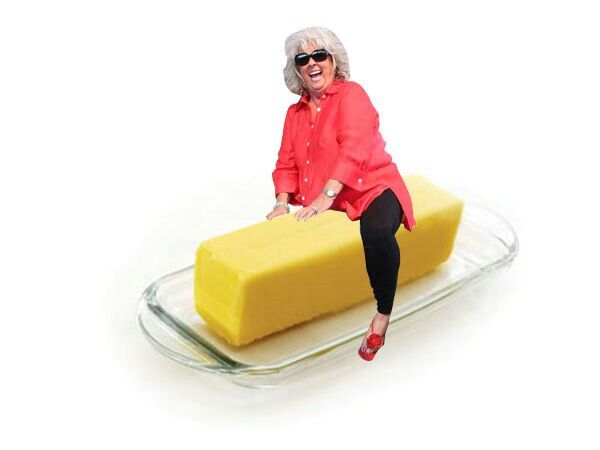
People need to get over the fat phobia, and understand that saturated fats are NOT the sole cause of weight gain, heart disease, or the “evil” elevated cholesterol.
Saturated fats have been completely demonized due to bad science, and this has unfortunately stuck around in the thought process of the media and old school nutrition/dietician thought.
You NEED high quality saturated fat in your diet, as well as high quality unsaturated fat. Saturated fat is critical to many systems of the body as the human organism has evolved to utilise saturated fats.
Coconut Oil, ghee, organic lard, grass-fed butter, olive oil, and avocados are all great sources of healthy fat. Vegetable oils such as canola, corn, soy, and cottonseed, and the media-driven food product margarine are basically a toxin to the body in my opinion.
While these are often touted as “healthy oils”, there are very large schools of nutritional thought and exceptionally intelligent people that view these fats/oils as being extremely detrimental to our overall health.
I would agree with them, very adamantly. If you firmly feel saturated fat is detrimental to your health, I would advise you do a bit of self-education. A lot has changed since the days of margarine, and low-fat everything!
A major caveat with saturated fat is that you must make effort to find the highest quality you can find. Any animal sourced foods are only as healthy as the animal.
Find good quality organic butter, quality coconut oils, and best yet, find a local farmers market and source fresh butter!
2. Avoid Hydrogenated Oils, Partially Hydrogenated, and Trans-saturated Fats/Oils
These are NASTY. Start reading food labels and watching out for these. I will again reiterate to also abstain from the use of processed vegetable oils like canola, safflower, soy, and cottonseed oils.
3. Stay Away From Processed Starches/White Flour Products
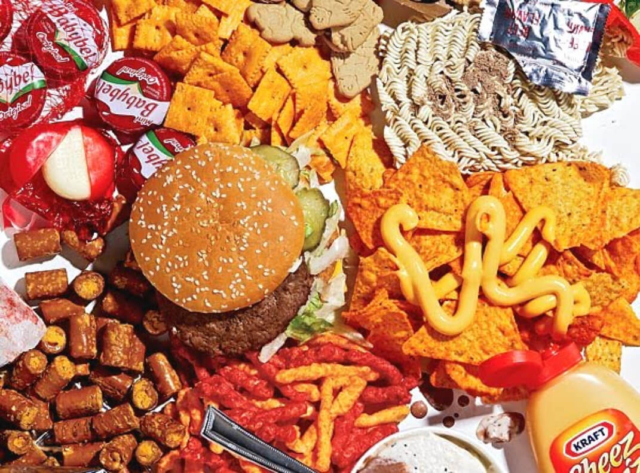
Pasta, white bread, boxed crackers, and snacks made of processed flour are what the modern diet is primarily composed of. This is far from optimal, and is a major contributor to many modern health issues.
Refined and processed flour based goods are completely devoid of nutrients, generally 100% artificial, and throw all sorts of hell at your blood sugar levels, which can negatively effect your hormonal systems. Don’t eat the stuff.
Yes, I understand the fact that it’s 2014, and we will all eat some junk now and then, but you would benefit from a serious attempt at minimising it.
Limit the consumption of flour based foods: white bread, snack chips, low quality pastas, and pastries. There are many other more nutrient dense foods you could consume.
4. Commercial Dairy Is Pretty Gnarly
Commercial milk/yogurt in my opinion is far from an optimal option. When dealing with any type of animal products, you have to consider the health of the animal the food product came from.
Sick cows, don’t make healthy milk. It’s often full of antibiotics, hormones, sugar (flavoured yogurts), and artifical flavouring. Opt for organic milk, and if you can, get RAW milk, as long as it is from a reputable source.
RAW milk in my opinion, is one of the best “health” foods around if your body can tolerate milk. Years of body abuse and low quality food choices can be a large contributing factor in your digestive system health which can influence your ability to breakdown lactose and casein.
With some healing, you may be able to consume milk again if you can’t at this stage. For yogurt, get organic, and stay away from the flavors. Flavoured low fat yogurt generally has a ton of artificial ingredients, and usually a lot of sugar.
I personally get plain, whole milk yogurt, and just add some fruit and honey. Milk-What You Should Know
5. Drink More Water
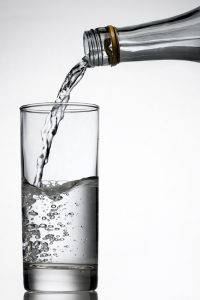
Just drink more water, not juice, not sports drinks, just water. If you’ve got the cash, you should invest in a decent water filter also.
Standard water laws aren’t too great, and the stuff coming out of your tap very likely has got a bunch of things in it that you don’t really want to be ingesting into your body.
Often, the chlorine content alone can wreak havoc upon your digestive system, and once that is out of whack, the entire organism (your body) will suffer….. bye bye immune system.
If you need to add some flavor to your water, squeeze in some lime/lemon, maybe some mint leaves, and a pinch of sea salt for some electrolyte replacement. Drink Some Water!!! – Surfer Hydration
6. Eat Full Balanced Meals
Don’t eat a plate of just carbs, or just protein, or just fat. Have balanced meals consisting of the 3 macronutrients. This helps to maintain blood sugar balance and sustain energy levels.
Ratios of these particular macronutrients is what gets confusing and convoluted by the diet world. Some people perform better with higher intake of carbs, while others do better with higher intake of protein and fats.
The specifics of ratios isn’t important here, and like I said, everyone is very different in regards to what they specifically need in terms of food ratios, but overall, just eat balanced meals.
Once you get this dialed in, then you can begin to play with ratios.
7. Eat Quality Carbohydrates
First of all, carbohydrates are not the sole contributor to obesity and weight gain. Eating piles of garbage and processed foods, never sleeping, neglecting food basics, and not ever being in touch with your body nor being taught how to take care of it are the foundations of obesity.
Carbohydrates fuel your body, and long term limitation of them can wreak havoc on the hormonal systems. Carbohydrates can be the surfers friend in terms of energy production, we just need to shift the focus away from grain based carbohydrate and more towards more nutrient dense carbohydrate.
I first want to say that I love white rice, especially with curry, but the average joe is consuming far too many grains and grain based foods. Most people consume the majority of their calories from processed grain carbohydrates.
The modern food pyramid recommendations on grains is far from ideal in my opinion. The majority of individuals would benefit from focusing far less on grain consumption (even whole grains), and focus on quality fruits and starches for carbohydrate consumption.
I’m not anti-grain in any sense, but I do think people need to shift their perspective towards more nutrient dense food sources. Gluten is a whole other topic, and I personally don’t eat gluten, but that isn’t necessary for everyone.
In general, I would prefer people focus on more nutrient dense carbohydrates and foods, and allow some time for their digestive systems to heal and repair after years of abuse and processed foods.
Grains can be difficult on the digestive system to break down, and carry certain “anti-nutrients” that can inhibit mineral absorption.
When I speak of carbs, I’m referring to starches (sweet potatoes, yams, white potatoes plantains, yuca…), and fruit….. and some white rice with curry!
8. Eat More Vegetables
I think that one is pretty self-explanatory. Be a grown up. Eat your veg!
9. Eat Organic
If you can afford it, eat organic, or at least make an attempt to buy organic when dealing with certain foods (meat, eggs, dairy, some fruit/vegetables).
When buying meats I can’t stress enough the importance of humanely raised, organic, well-treated animals. The meat you eat is only as healthy as the animal it came from, and most commercial farming does not raise healthy animals.
Find a local farmers market to source your meats. For the fruit and veg, simply do your best. The EWG, environmental working group, has a “Dirty Dozen” list, which you can download for free, that lists the most contaminated fruit/vegetables, and the least pesticide contaminated fruit/vegetables. It’s a great resource! check out the link below.
Start With Small Changes and Create New Habits, New Nutrition Basics
When it comes to what to eat, don’t get too bogged down by any one particular diet, or diet guru. While there are specific health conditions that can benefit from wildly exclusive dietary protocols, you can reap huge health benefits from just beginning to implement these basic foundations.
Once this is accomplished, then you can begin to play with the specifics of food elimination, or food ratios, intermittent fasting, inclusion of superfoods……. the list of what makes the field of nutrition so difficult.
Start with the basics and please realize that what you put into your body can have a very serious impact, both beneficial, or negative. Please make good choices and get your nutrition basics right.

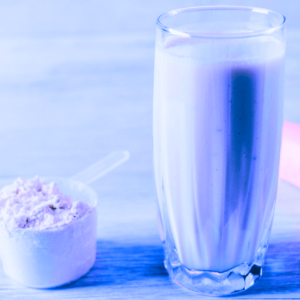
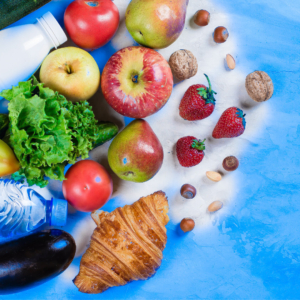
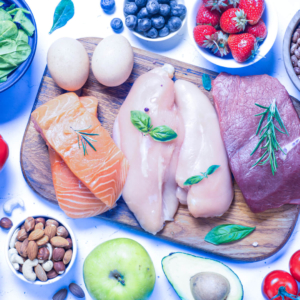
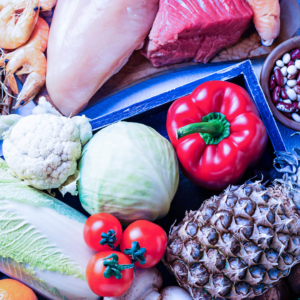
Comment